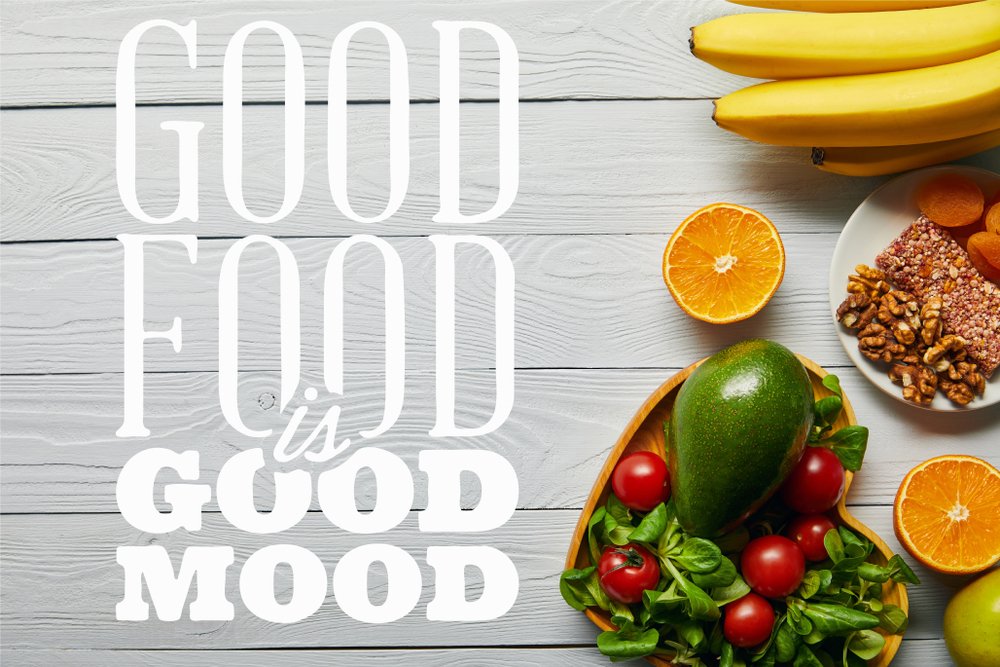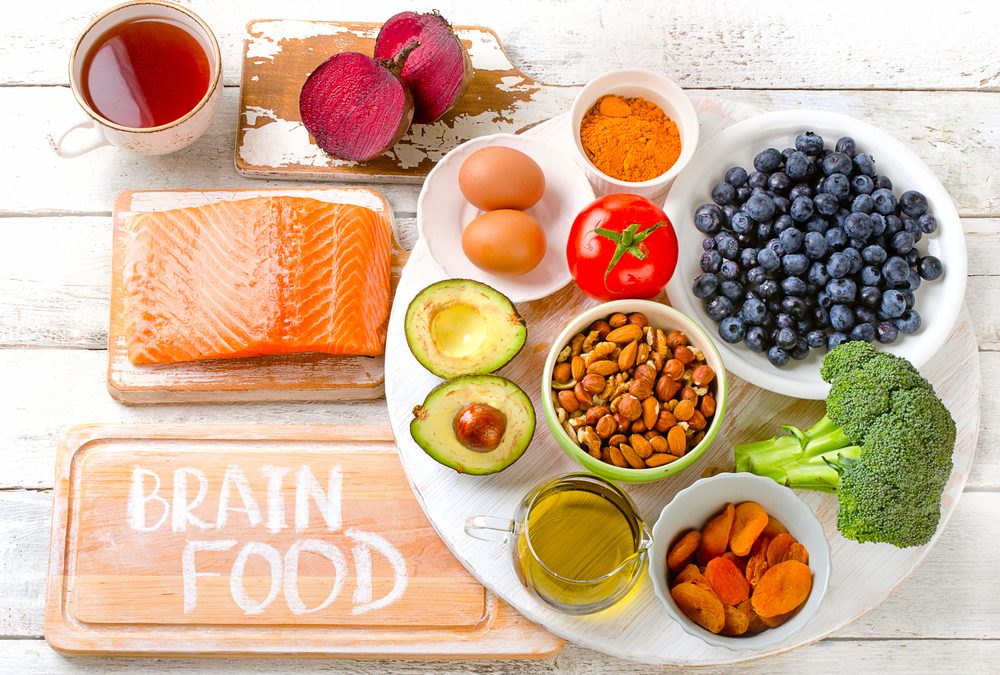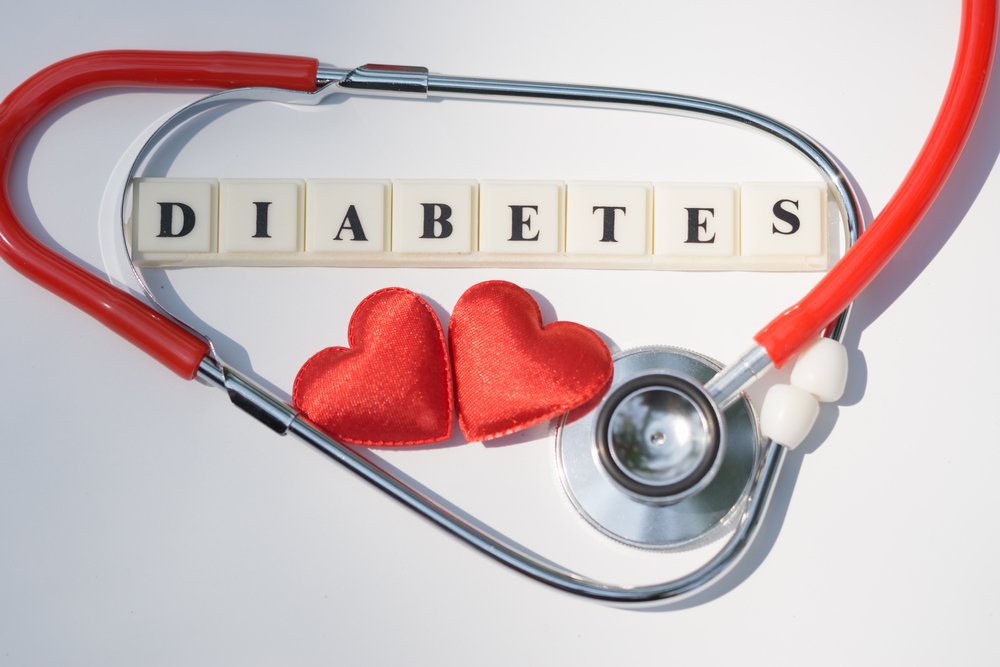The scope of the problem
Mental health challenges touch a staggering share of Americans every year. Roughly one in five adults will experience a diagnosable condition, with anxiety disorders—from OCD and PTSD to specific phobias—affecting a large segment. Substance use and mental illness frequently travel together, and when serious psychiatric illnesses go untreated, life expectancy can be dramatically shortened. Against that backdrop, everyday choices like what we eat may seem small—but they can meaningfully influence how we feel and function.
When diet fuels the fire
A growing body of research links highly processed, sugar-heavy, pro-inflammatory eating patterns with higher odds of depression, anxiety, and poorer mental well-being. Regularly leaning on deep-fried items, refined grains, sugary desserts, high-fat dairy, processed meats, and ultra-processed snacks can stoke systemic inflammation. Excess added sugars and rapidly absorbed starches, in particular, appear to worsen mood by repeatedly spiking and crashing blood glucose and by amplifying inflammatory signaling.
Inflammation, immunity, and the brain
Your immune system and your brain are in constant conversation. When inflammation smolders over time, immune cells release chemical messengers that can alter neurotransmitters, stress circuits, and brain plasticity—pathways tied to mood and cognition. Understanding and dialing down this inflammatory “background noise” is one reason anti-inflammatory dietary patterns have become part of comprehensive mental health strategies.
What an anti-inflammatory pattern emphasizes
Anti-inflammatory eating isn’t a single brand-name plan; it’s a theme. Whole foods, plenty of colorful plants, quality proteins, and healthy fats crowd out ultra-processed options. Some people adopt a paleo-leaning approach to accomplish this. Whatever the label, several nutrients consistently stand out for brain support.
B-vitamins: methylation and mood
Folate, vitamin B₆, and vitamin B₁₂ help regulate homocysteine and support monoamine neurotransmitters. Low status is common in depression and may blunt response to treatment. Building meals around leafy greens, legumes, eggs, seafood, meat, and cruciferous vegetables can help restore these cofactors.
Omega-3 fats: the brain’s building blocks
EPA and DHA shape membrane fluidity, modulate gene expression, and influence serotonin and dopamine signaling. Low omega-3 status has been observed in depression and other psychiatric conditions, while trials suggest meaningful symptom relief in MDD, bipolar spectrum disorders, ADHD, and schizophrenia when adequate doses are used. Fatty fish such as salmon or mackerel, along with EPA+DHA supplements, can raise levels; about 1 gram per day of combined EPA/DHA is a commonly studied cognitive dose. If you choose to supplement, discuss the right formulation and dosage with your clinician.
Amino acids: precursors to neurotransmitters
Neurotransmitters don’t appear out of thin air—they’re synthesized from amino acids. Tryptophan feeds serotonin; tyrosine and phenylalanine support dopamine and norepinephrine. Other amino acids such as methionine (via SAMe), glycine, and taurine have roles in mood regulation and stabilizing neural activity. Poultry, fish, red meat, dairy, legumes, nuts, seeds, bananas, and avocados can all contribute these building blocks as part of a balanced plan.
Vitamin D: a neuroendocrine signaler
Vitamin D receptors are widespread in the brain, including regions that govern stress hormones and mood. Low levels are associated with higher rates of depression and psychotic disorders. Sensible sun exposure, fatty fish, eggs, fortified foods, and targeted supplementation (when appropriate) can raise status.
Zinc: structure, signaling, and stress response
Zinc influences synaptic plasticity and glutamate/GABA balance. Deficiency has been linked with depressive symptoms and ADHD traits, while repletion can complement standard care. Shellfish, beef, pumpkin seeds, and organ meats are rich sources.
Movement multiplies the effect
Nutrition and exercise work best together. Regular physical activity reduces anxiety and depressive symptoms and sharpens cognition. Time outdoors can confer an added lift via natural light. Even a brisk 15–20 minute walk most days can improve energy, sleep, and outlook.
Nutrition within comprehensive care
Some treatment programs integrate anti-inflammatory, paleo-style menus alongside psychotherapy, medication management, sleep support, and skills training. This can be especially helpful for people whose daily structure, stress, or side effects have disrupted eating patterns. While diet alone is not a replacement for evidence-based mental health care, it can be a powerful adjunct that improves resilience and day-to-day functioning.
Who might benefit from a paleo-leaning, anti-inflammatory approach?
Given how common mental health concerns are—nearly half of Americans will experience one at some point—many people can gain something from upgrading their food pattern. Those dealing with low energy, brain fog, swings in mood, or co-occurring substance use may be particularly sensitive to blood-sugar highs and lows and to inflammatory foods. For some, medications or life stressors get in the way of regular, nourishing meals; a structured, nutrient-dense approach can help restore consistency and provide the raw materials the brain needs.
The bottom line
Food won’t cure every case of depression or anxiety, but it can either add to the burden—or lighten it. Center your plate on whole, minimally processed foods; prioritize omega-3-rich seafood and quality proteins; lean into greens, berries, beans, and olive oil; and be mindful of added sugars and ultra-processed fare. Pair that with regular movement, restorative sleep, and professional support when needed, and you’ve assembled a durable, anti-inflammatory foundation for better mental health.
This content is educational and not a substitute for personalized medical advice. If you’re experiencing mental health symptoms, talk with your clinician about a comprehensive plan that may include therapy, medication, and nutrition.




